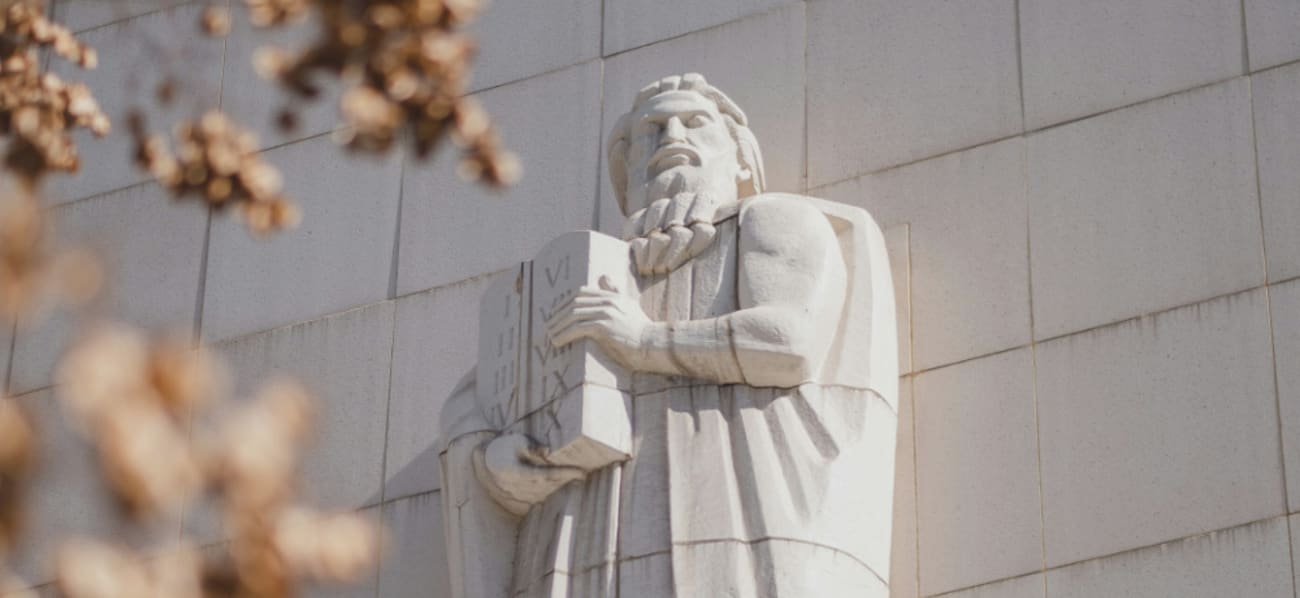The fate of unsaved family sits heavy on every born-again Christian, but especially those saved out of Mormonism. The great temptation they face is to raise the volume of their pleas, taunt with their religious discourse, and even antagonize those who’ve yet to accept God’s gospel. It’s ironic that we’re often frustrated the most by the people we love the most. Perhaps the story of Jethro, Moses’s father-in-law, can be an encouragement to us.
Jethro the Priest
Jethro not only had a famous son-in-law but held a position of high influence himself. He was “the priest of Midian” (Exodus 18:1), a position he held for at least four decades (Exodus 2:16). And although we don’t know much about Jethro’s religion prior to meeting Moses, it seems that he worshiped many gods, among which Yahweh had a part (18:11). Since Midian was not a city, but a region, it’s safe to assume that Jethro was a man of prominent stature wherever he went. From Jethro’s perspective, he must have been superior to Moses in every way – he was the more aged man, the father-in-law, and the highest-ranking priest of a large region. Given his advanced age, cultural superiority, and professional attachment to the polytheistic religion of Midian, we would not consider him an ideal candidate for conversion. But God did.
Moses the Evangelist
Just as important as Jethro’s background was the way Moses treated his father-in-law. First, and most obvious, Moses trusted him – he asked Jethro to care for his wife and sons while Moses endured the dramatic dangers of Egypt. Moses also took great pains to honor Jethro. When he learned of Jethro’s arrival, he went out to meet him, bowed in deep respect, and kissed him (18:7). Only then does Moses unabashedly proclaim the great deeds of Yahweh (18:8). Moses shows no rancor, rivalry, or comparison. Moses simply praises the Lord before his father-in-law.
What happens next is almost as rare as manna appearing in the morning dew. An old man, who for a lifetime led others down a false path, changed. The phrase “now I know” (18:11) appears three times in the Old Testament, each time spoken by a pagan expressing saving faith in Yahweh (1 Kings 17:24; 2 Kings 5:15). What’s more, Jethro immediately held a publicly viewed sacrifice and ate a celebratory meal of thanksgiving with Israel’s religious leaders (18:12). Jethro’s conversion is an astonishing miracle of grace that ranks right up with the others that Moses records.
Application
The story of Jethro’s conversion in Exodus 18 is an inspiration, for it shows us the best environment for the gospel to take root. Where mutual trust, deferential respect, and the unabashed praise of God abound, the gospel can flourish. No, Moses wouldn’t allow Jethro to bend the truth of Yahweh to his polytheistic impulses, which might explain why it took 40+ years for Jethro to convert. But Moses also demonstrated a deep and abiding affection for the man he cared so much about. And it was in that context of honor that Jethro turned.

